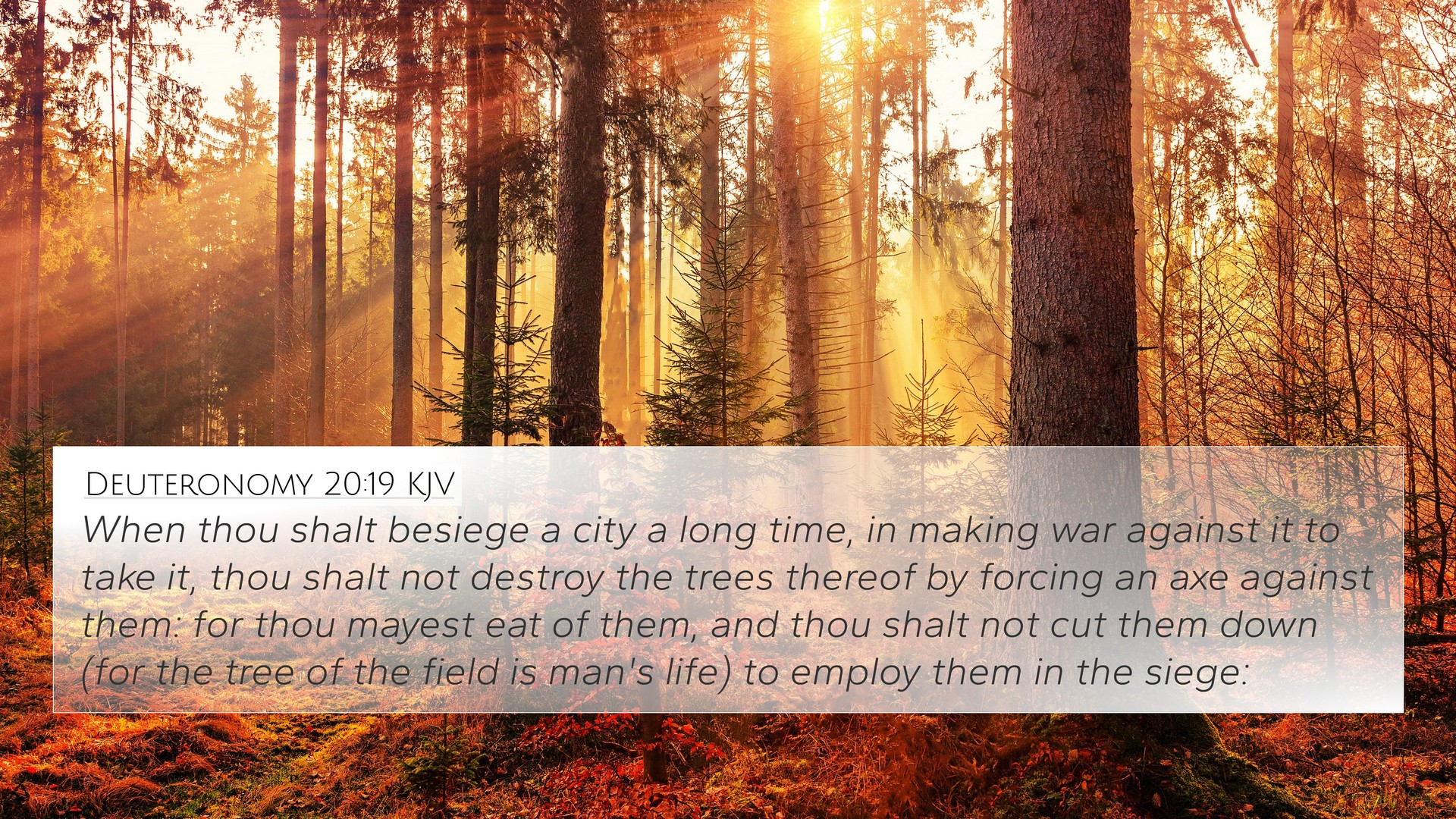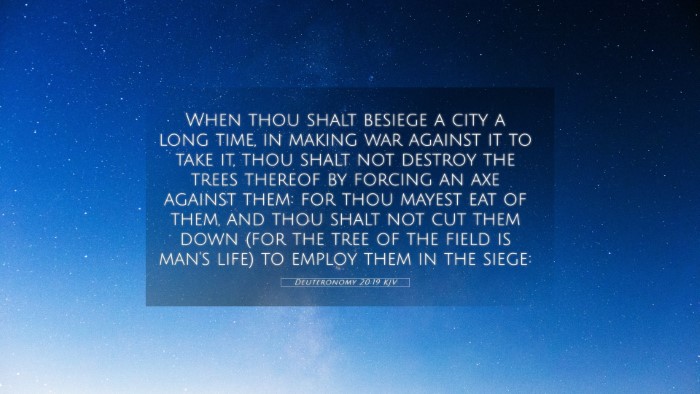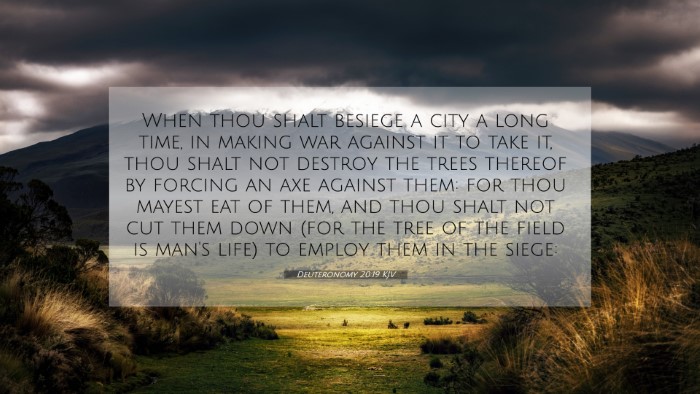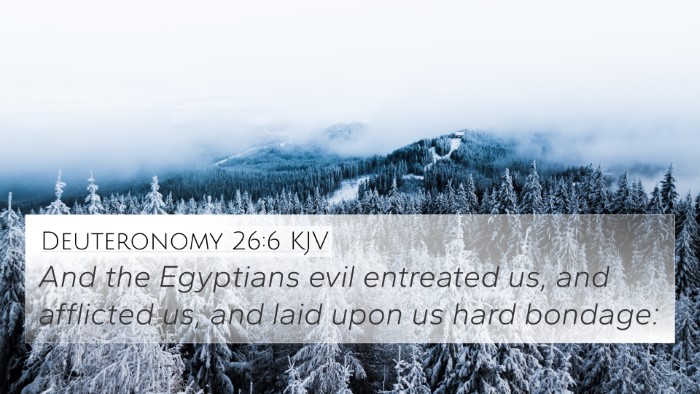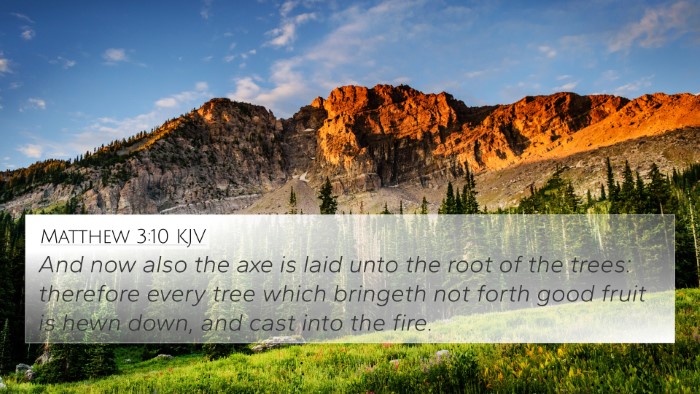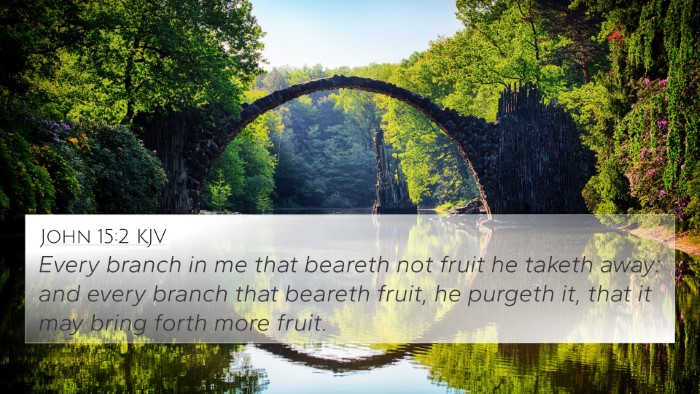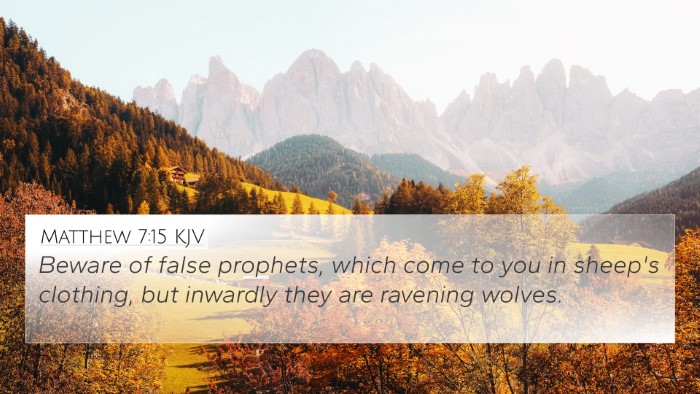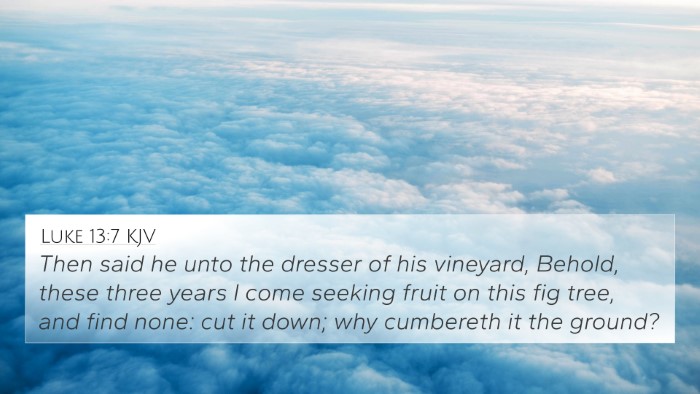Understanding Deuteronomy 20:19
Deuteronomy 20:19 states:
"When thou shalt besiege a city a long time, in making war against it to take it, thou shalt not destroy the trees thereof by forcing an axe against them: for thou mayest eat of them, and thou shalt not cut them down (for the tree of the field is man’s life) to employ them in the siege."
Summary of Meaning
This verse emphasizes the importance of conservation during warfare, specifically concerning trees. It reflects a broader ethical concern that recognizes the value of natural resources and the necessity to protect them even amid conflict.
Insights from Commentaries
-
Matthew Henry: Henry notes that the commandment reflects God's desire for mercy and appreciation of life. Even in times of war, the preservation of life continues, which can be symbolized through the trees that provide sustenance and welfare.
-
Albert Barnes: Barnes provides insight into the rationale for preserving trees, highlighting their utility and the crucial role they play in supporting human life. He interprets the verse as a directive to avoid needless destruction.
-
Adam Clarke: Clarke furthers this notion by indicating that cutting down trees indiscriminately could lead to lasting environmental and social consequences, demonstrating a lesson in responsible stewardship of God's creation.
Key Themes and Connections
Deuteronomy 20:19 speaks to several broader themes in the Bible, providing vital connections between scriptures. These themes include:
- The value of life and preservation of resources.
- God's concern for creation during times of conflict.
- The ethical dimensions in warfare and human interactions.
Bible Verse Cross-References
To enhance the understanding of Deuteronomy 20:19, the following Bible verses are relevant:
- Exodus 23:11: This verse mentions allowing the land to rest, aligning with the preservation theme of natural resources.
- Lamentations 3:22-23: These verses highlight God's compassion and mercy, which resonates with the message of protecting life in Deuteronomy 20:19.
- Proverbs 12:10: This scripture underscores the importance of caring for animals, extending the principle of compassion towards all living beings.
- Isaiah 24:5-6: Here, the destruction caused by sin is mentioned, correlating to the need for conservation set forth in Deuteronomy.
- Psalm 104:14: This psalm praises God for providing food through nature, linking to humanity’s responsibility to protect the resources that sustain life.
- Genesis 1:28: The creation mandate where humanity is called to steward the earth connects to the principles of conservation in the context of warfare.
- Matthew 5:5: Jesus' beatitude about the meek inheriting the earth resonates with the theme of valuing creation.
Bible Reference Resources
For deeper studies and cross-referencing, several tools can enrich your understanding:
- Utilizing a Bible concordance can assist in finding related verses...
- Employing a Bible cross-reference guide helps in identifying scripture connections...
- Engaging in a cross-reference Bible study allows for thematic analysis of related texts...
- Learning how to use Bible cross-references effectively can deepen comprehension...
Conclusion
In summary, Deuteronomy 20:19 presents an important ethical directive concerning the treatment of trees during wartime, emphasizing conservation and the sanctity of life. The insights gleaned from traditional commentaries bolster the understanding of this verse, revealing connections across the Biblical text that enrich our interpretation.
Further Study and Thematic Connections
Exploring this verse encourages a broader understanding of the interactions between God's creation and humanity's responsibility. For anyone studying the Bible, drawing thematic links between passages greatly enhances comprehension and can lead to fruitful discussions in group studies or sermons.
Remember, when delving into Scripture, always consider how verses relate to one another. This not only strengthens personal faith but also encourages a vibrant community of believers committed to understanding God's Word together.
